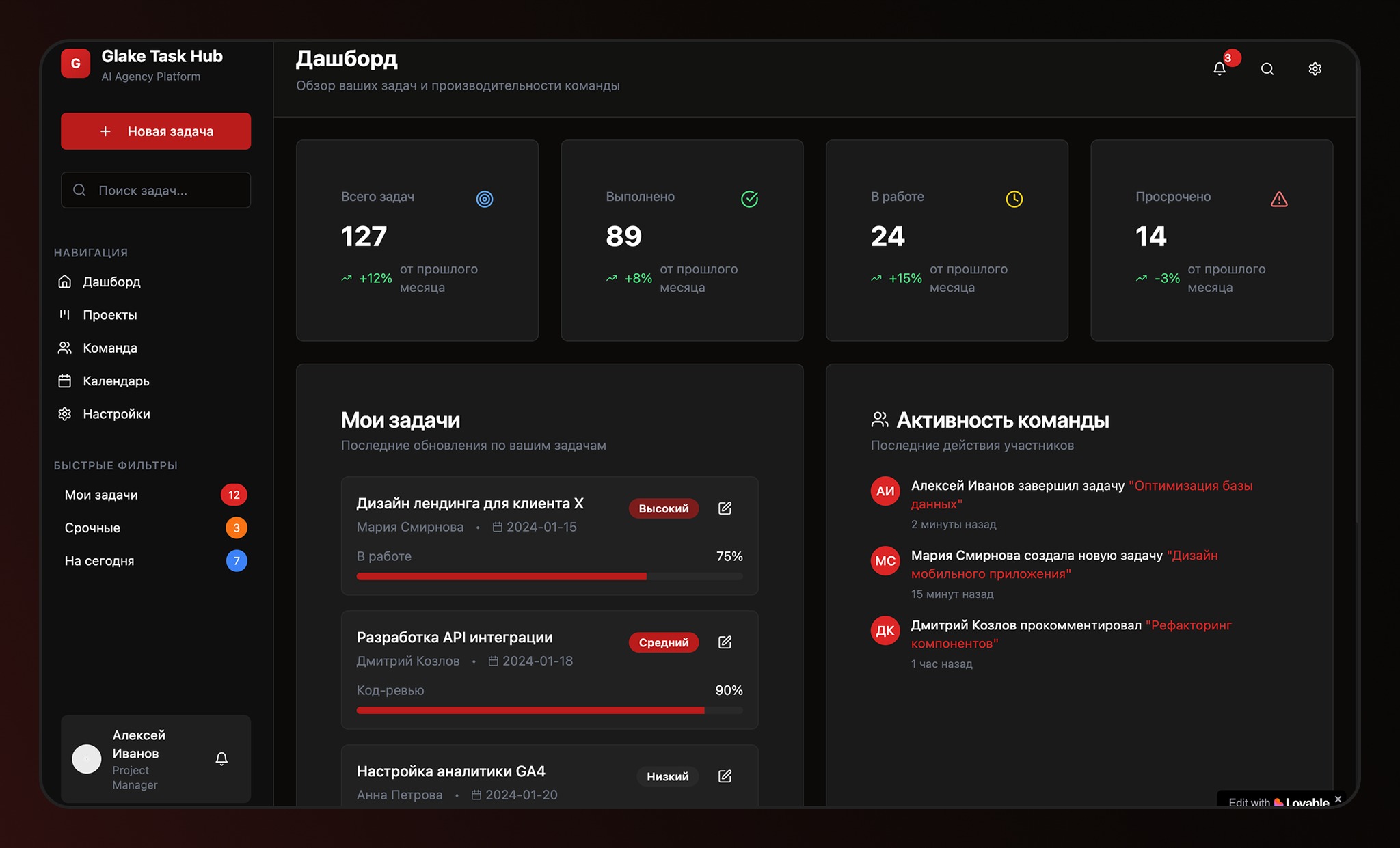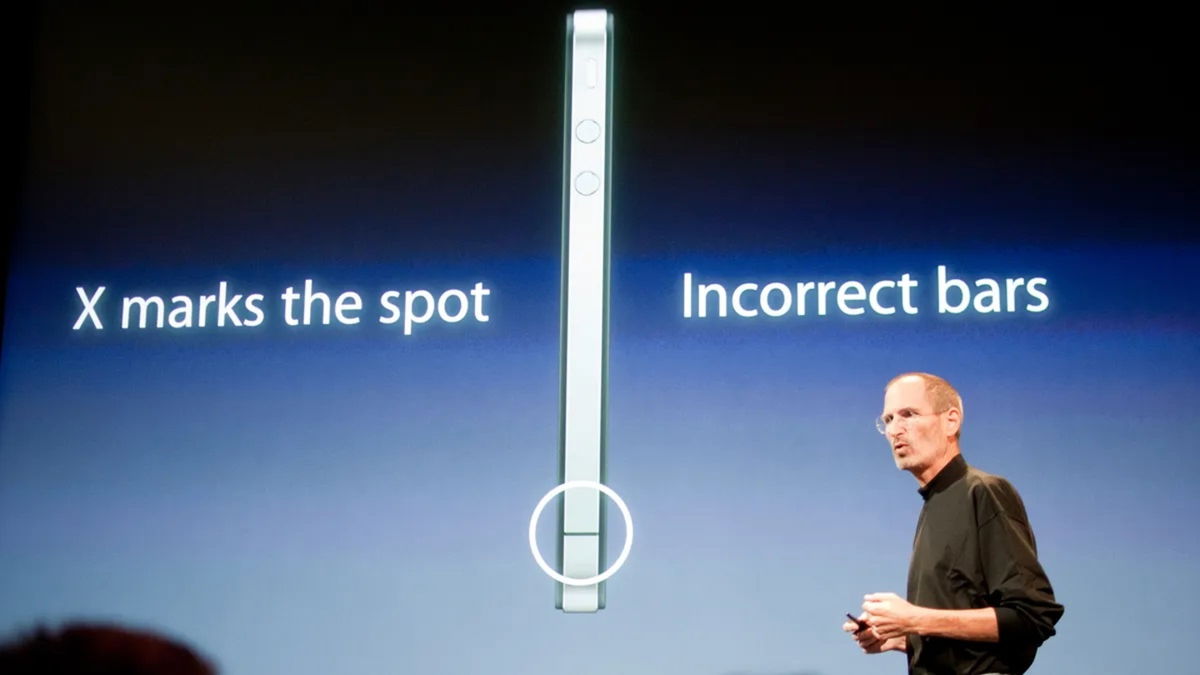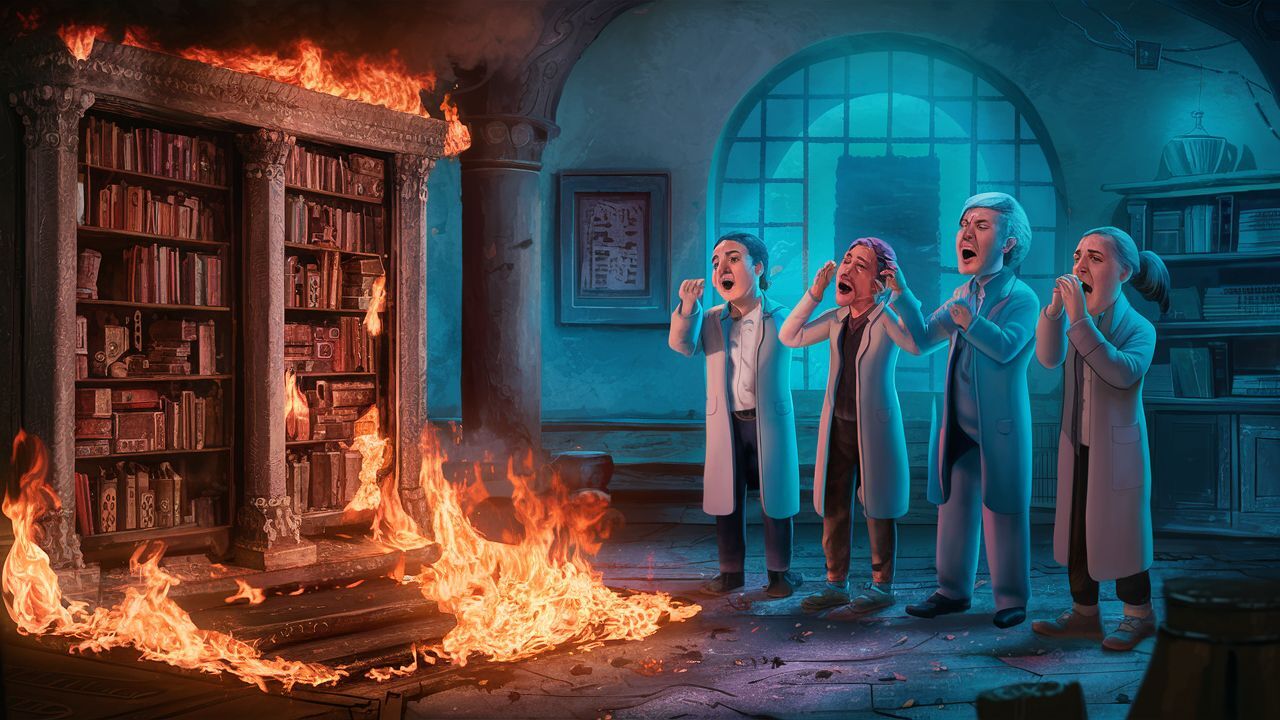In the past, physical copies in libraries ensured the survival of scientific knowledge. But the digital revolution has changed the responsibility of storing and preserving. Although systems such as DOI can help locate digital documents, they rely on the existence of archival copies. Martin’s analysis of more than 7 million DOIs revealed a disturbing trend: A significant portion of published research is not consistently supported. Less than 1% of publishers store most material in more than one archive, and more than a third appear to have no archiving system at all.
The consequences of such a lack of protection are dire. Losing access to past research weakens the basis for future scientific progress. The construction of knowledge is based on a chain of connections, and the absence of connections jeopardizes the entire structure.
The study acknowledges limitations: some archives may have been overlooked and may have publisher-specific systems. But the main problem still remains: Who is responsible for digital archiving?
Additionally, even archival research can be difficult to find if it does not have a DOI or if the archival copy does not contain a DOI. This highlights the need for consistent archiving and DOI inclusion practices.
Although no cases of critical research being lost have yet been reported, Martin Eve’s work serves as a wake-up call.
Source: Ferra
I am a professional journalist and content creator with extensive experience writing for news websites. I currently work as an author at Gadget Onus, where I specialize in covering hot news topics. My written pieces have been published on some of the biggest media outlets around the world, including The Guardian and BBC News.











